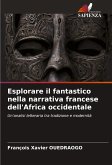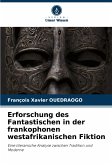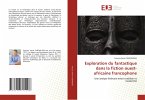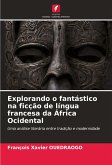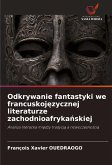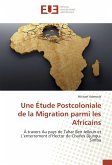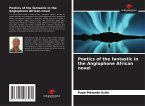Based on a corpus of eleven novels, this study of the fantastic in the modern Francophone West African novel analyzes the specificity of an African fantastic nourished by oral literature. Unlike Western fantasy, which focuses on surprise, fear and hesitation, African fantasy is distinguished by its hybridity, reflecting the multicultural and intercultural nature of African writers. It is characterized by Black-African aesthetics, intertextuality, African onomastics, the exploitation of oral genres and the integration of sacred texts. Its function, both literary and social, enables it to bypass censorship and deal with taboo subjects to raise readers' awareness.
Bitte wählen Sie Ihr Anliegen aus.
Rechnungen
Retourenschein anfordern
Bestellstatus
Storno


